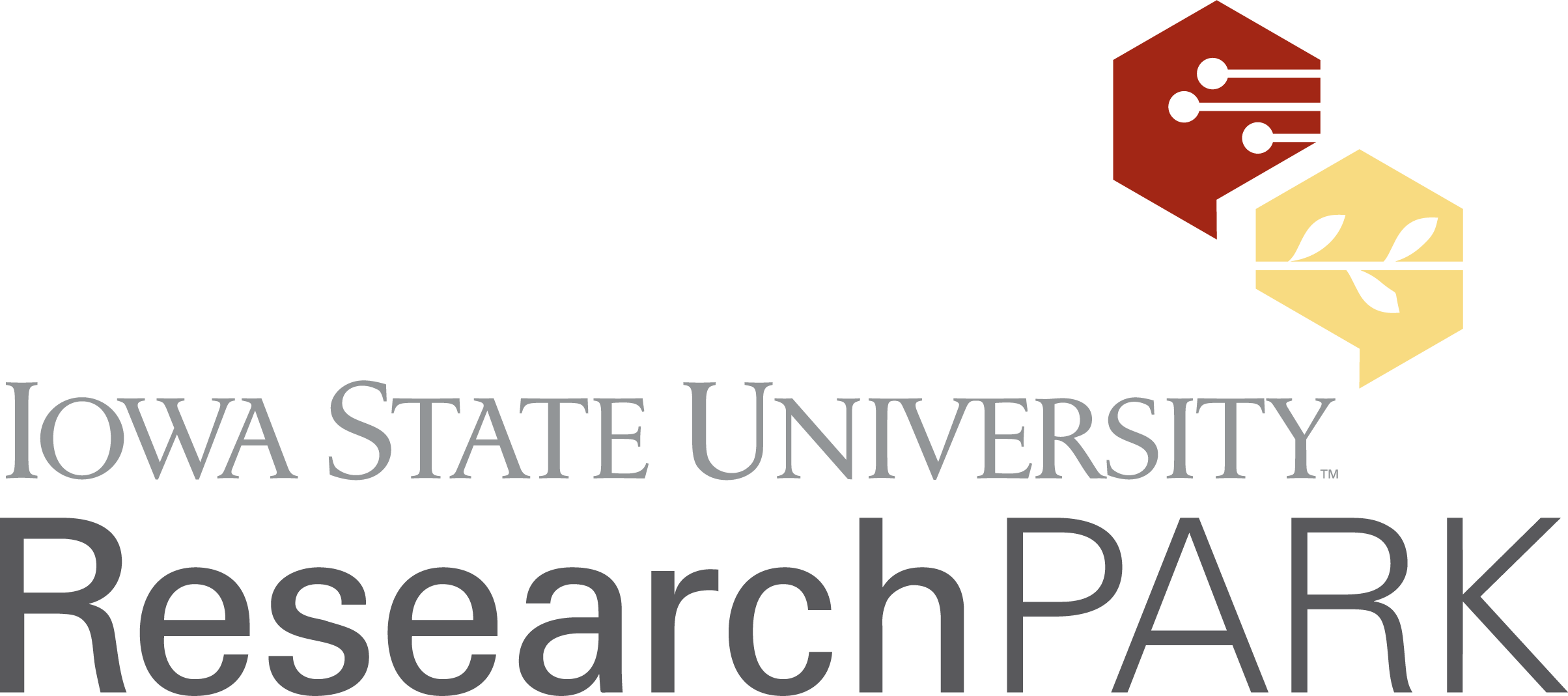Nestled within the Iowa State University Research Park surrounded by companies with an
international reach and reputation, it would be easy to overlook the groundbreaking work being
done by Sabanto. Founded by Craig Rupp in 2018, the company is at the forefront of
autonomous farming technology.
Specifically, Sabanto specializes in transforming conventional tractors into autonomous
machines by integrating cutting-edge electronics, navigation systems, and hydraulic
components.
“We take off-the-shelf tractors and add the electronics and the navigation and hydraulic systems
and whatnot. We turn those tractors into autonomous tractors,” Rupp says. This innovative
approach not only streamlines farming operations but also addresses the pressing issue of labor
scarcity faced by farmers nationwide.
Sabanto’s flagship product is called Steward. Once installed on an existing tractor, Steward
performs the often-mundane work like mowing, tilling, seeding and more 24/7 without needing
someone to sit in the driver’s seat. Steward’s advanced cameras, obstacle detection sensors,
GNSS systems, and robotics pair with mobile and desktop applications, allowing for complete
control and monitoring of fields remotely.
The benefits of the technology are significant.
Rupp says his clients rave about increased productivity, reduced labor challenges, decreased
capital expenses, and the way the technology supports a more sustainable and profitable
business.
“If you talk to any farmer, labor is a problem for them. And it’s not the cost of labor. It’s the lack
of labor,” Rupp emphasizes. “By automating routine tasks, we are enabling farmers to allocate
their labor resources more efficiently, freeing up valuable time for other critical aspects of their
operations.”
Rupp’s decision to establish Sabanto in Ames is deeply rooted in his personal connection to
Iowa. Having obtained his bachelor’s degree from Iowa State University, Craig later pursued a
master’s degree in Chicago before returning to Ames to embark on his entrepreneurial journey.
“I grew up in Iowa. I went to Iowa State. I moved to Chicago, and realized where I really wanted
to be was back in Iowa,” Rupp says. “The vibrant ecosystem of talent and resources offered in
the Research Park, combined with my affinity for this area, made Ames the ideal location for
Sabanto’s operations.”
Reflecting on his entrepreneurial experience, Rupp underscored the pivotal role of the Research
Park in fostering innovation and collaboration. He says the large population of young talent in
the area is strong. Most notably, the proximity to Iowa State University has provided access to a
pool of students with expertise in agriculture, helping him more efficiently and effectively
attract workers.
“It’s really nice to be able to develop technologies without having to worry if my younger team
members truly understand agriculture,” Rupp says. “They grew up around it. They understand
it. That is big for us.”
While based in the Research Park, Sabanto’s reach extends far beyond the borders of Iowa. The
company is actively deploying autonomous farming systems in states including Florida, Georgia,
Alabama, and Texas. While initially focused on row crop farming, Sabanto has found a niche in
the sod and turf industry, catering to their labor-intensive operations.
“As we continue to pioneer autonomous farming technology, we remain optimistic about the
future,” Rupp says. “We are fortunate to have such a dedicated team committed to innovation
in an environment here in Ames where we feel supported.”
